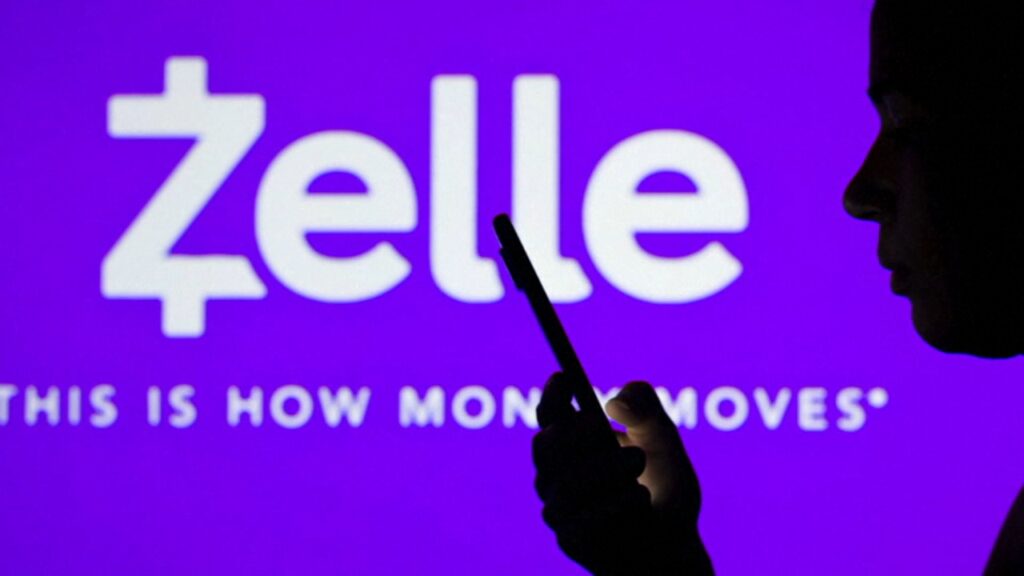Zelle makes sending money to friends and family as easy as texting. But its speed and simplicity also attract scammers looking for easy victims.
Here’s a rundown of the most common Zelle scams in 2025 and practical tips to keep your money safe.
1. Fake Online Sellers and Marketplace Scams
How it works: Scammers pose as sellers on sites like Facebook Marketplace or Craigslist, advertising hot-ticket items (like concert tickets, rental properties, or even puppies). They insist on being paid with Zelle and disappear once the payment is sent—no goods ever arrive.
How to avoid it:
-
Never send Zelle payments to strangers for products.
-
Stick to local, in-person transactions and verify the seller’s credibility.
» Question: Can I Use Zelle Without A Bank Account?
2. Impersonation and Phishing Scams
How it works: Fraudsters pretend to be your bank, Zelle support, or even a friend, reaching out via call, text, or email. They claim your account needs urgent verification or that you need to transfer money to “protect” it, then use your info to steal your cash.
How to avoid it:
-
Never share one-time codes or account details.
-
Confirm requests by directly contacting your financial institution using official contact methods.
3. Overpayment and Refund Scams
How it works: You’re selling something online, and a buyer “accidentally” overpays with Zelle and asks for a refund of the extra amount. But the original payment was fake or later reversed, so you’re out both the item and the money.
How to avoid it:
-
Never refund overpayments via Zelle.
-
Wait until any payment fully clears before shipping anything or issuing refunds.
4. Romance and Emergency Scams
How it works: A scammer builds a relationship over social media or dating apps, gradually creating a sense of trust. They invent an urgent financial need and ask for money via Zelle. Or someone claims to be a friend or relative in an emergency needing a quick Zelle transfer.
How to avoid it:
-
Be suspicious of anyone you haven’t met in person asking for money.
-
Don’t let emotions override good judgment—verify stories and identities independently.
5. Lottery, Prize, and Charity Scams
How it works: You get a message saying you’ve won a prize or that a charity needs urgent help. The catch? You must pay a processing fee or donate via Zelle.
How to avoid it:
-
Legitimate lotteries never demand payment to release winnings.
-
Always check the validity of charity organizations before donating.
6. “Pay Yourself” and Account Takeover Scams
How it works: Scammers claim your account is at risk and tell you to Zelle money “to yourself” for protection, but provide you with a fraudulent account to send funds—straight into their hands.
How to avoid it:
-
Don’t act on urgent, unexpected requests about your account.
-
Never send money to yourself unless you are 100% certain of the destination.
Essential Safety Rules for Zelle
-
Only use Zelle with people you know and trust.
-
Treat Zelle like cash—payments are instant and usually irreversible.
-
Double-check recipient details (phone/email) before sending.
-
Enable two-factor authentication for your bank and Zelle accounts.
-
If you suspect a scam, stop contact immediately and alert your bank.
Remember, if a deal seems too good to be true or someone pressures you to pay quickly, it’s probably a scam. Use Zelle wisely and let your money move safely.














